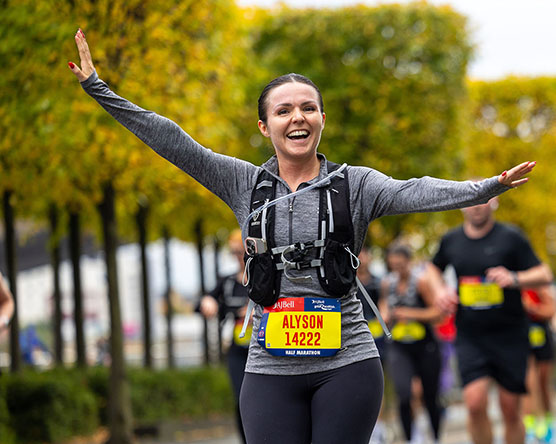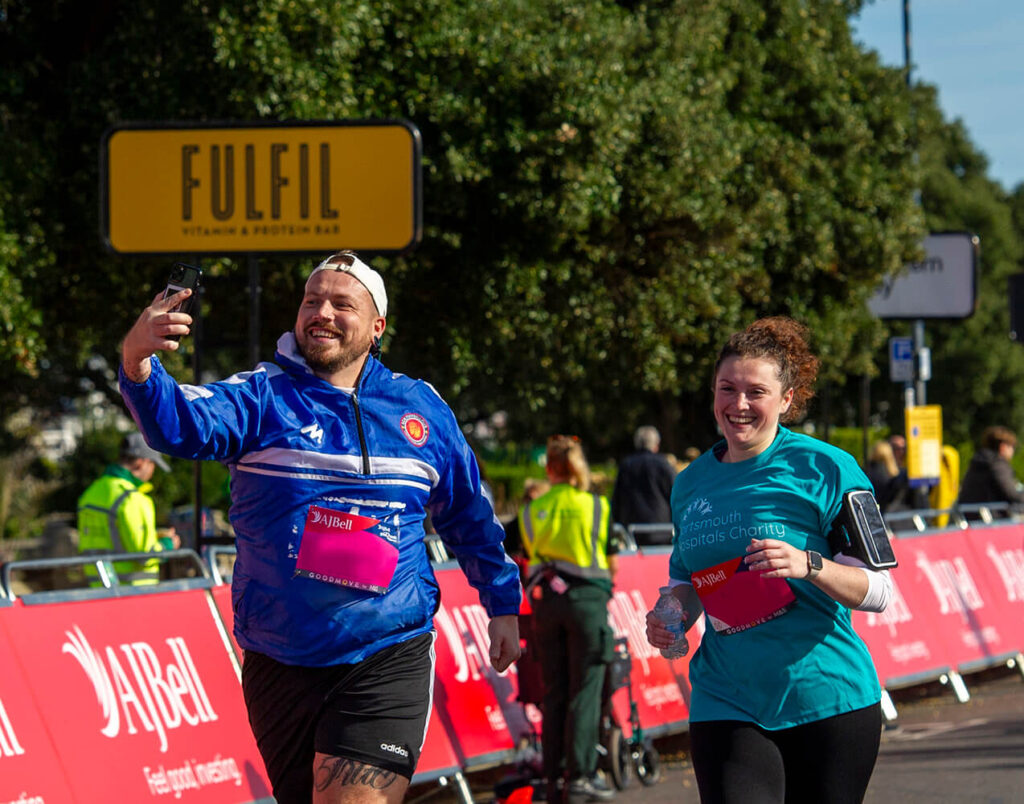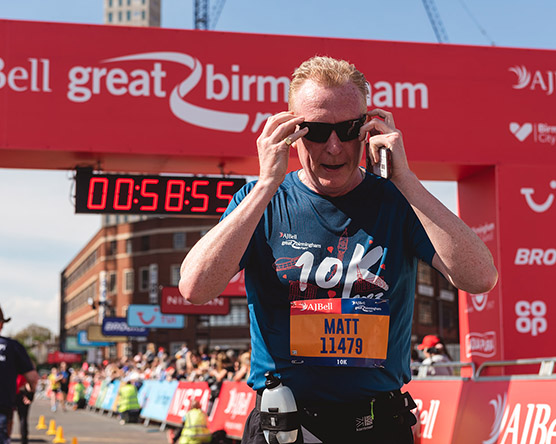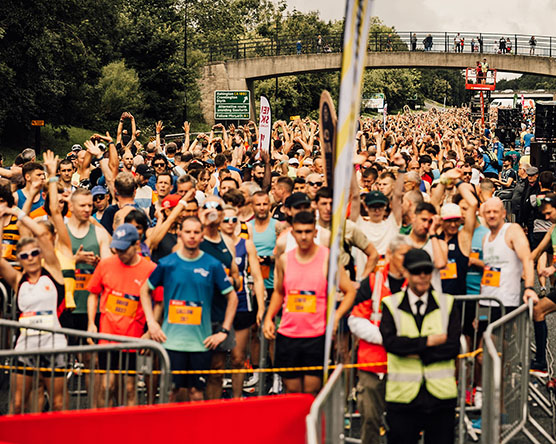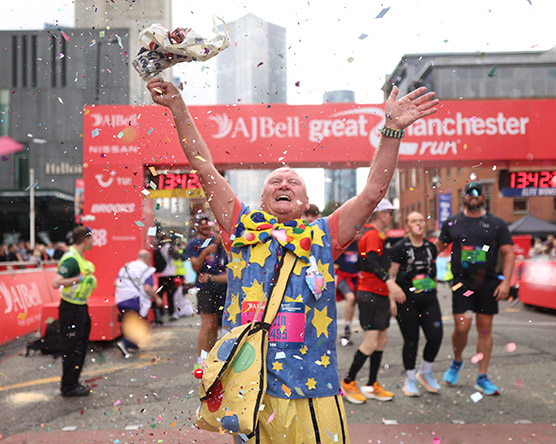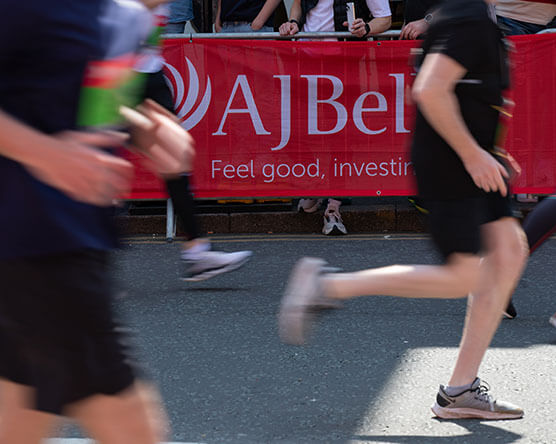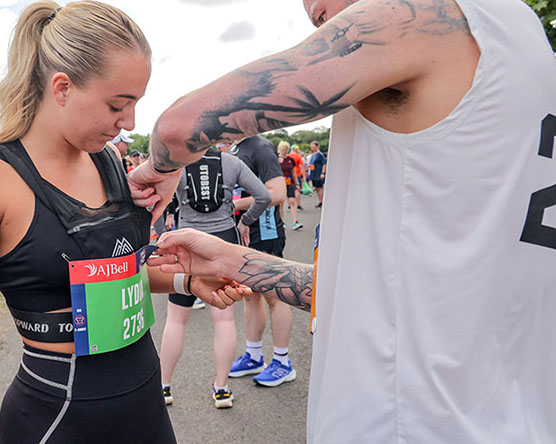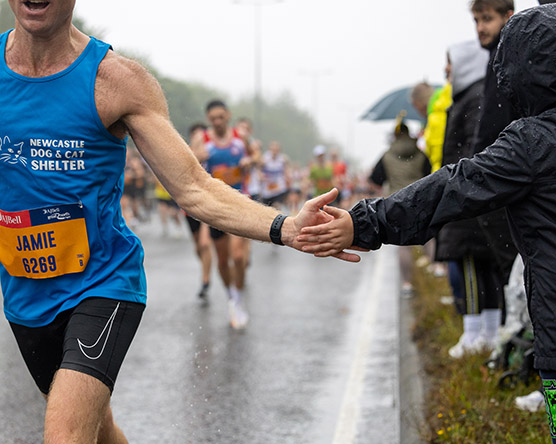It can be scary reading through ALL of the running advice out there when you are a beginner, or even a seasoned runner! To get you through the spooky season, we’ve created a list of tips and tricks to debunk some myths about running.
You must overload on carbs before a race – Trick
It depends on the distance you are running. If you are running a short distance and already eating healthily, you don’t need to change your diet. If you are running over 90 minutes, then you should try to increase your carbohydrate intake during the week leading up to the race.
Running is bad for your knees – Trick
Although running is a high impact sport, there is no scientific evidence that running can cause knee injuries. Knee injury is common in runners, but this is usually down to training errors and running technique. We have plenty of tips in here on how to avoid injury when running.
Walk breaks are cheating – Trick
Walk breaks can actually be a great way to start running longer distances if you aren’t used to it. Our Run -Walk training plans include running or walking for a length of time, rather than speed or distance to build up your fitness.
You shouldn’t run every day – Tip
Generally speaking, your body needs rest and time to recover after any running session. It can be tough on the body if you are running every day, making you more prone to overuse injury and muscle fatigue. With advanced and elite runners it’s different as they know how to train regularly without avoiding injury and are often required to before big races. It’s all about finding balance and the right running routine for you! Read more about how often you should run here.
You shouldn’t drink too much water on your run – Tip
Although we advise drinking water when exercising, it’s important not to overdo it. Drinking too many fluids ahead, during or even after a run can lead to overhydration – also known as hyponatremia. This happens when the body can’t dispose of the surplus of fluids through sweating or urination. This can cause vomiting and cramping which can lead to much worse if not treated. Instead, just try to drink when you are thirsty. You can read more of our hydration tips here.
Everybody is different and you should always consult a medical professional if you’re in doubt about what’s best for you!




